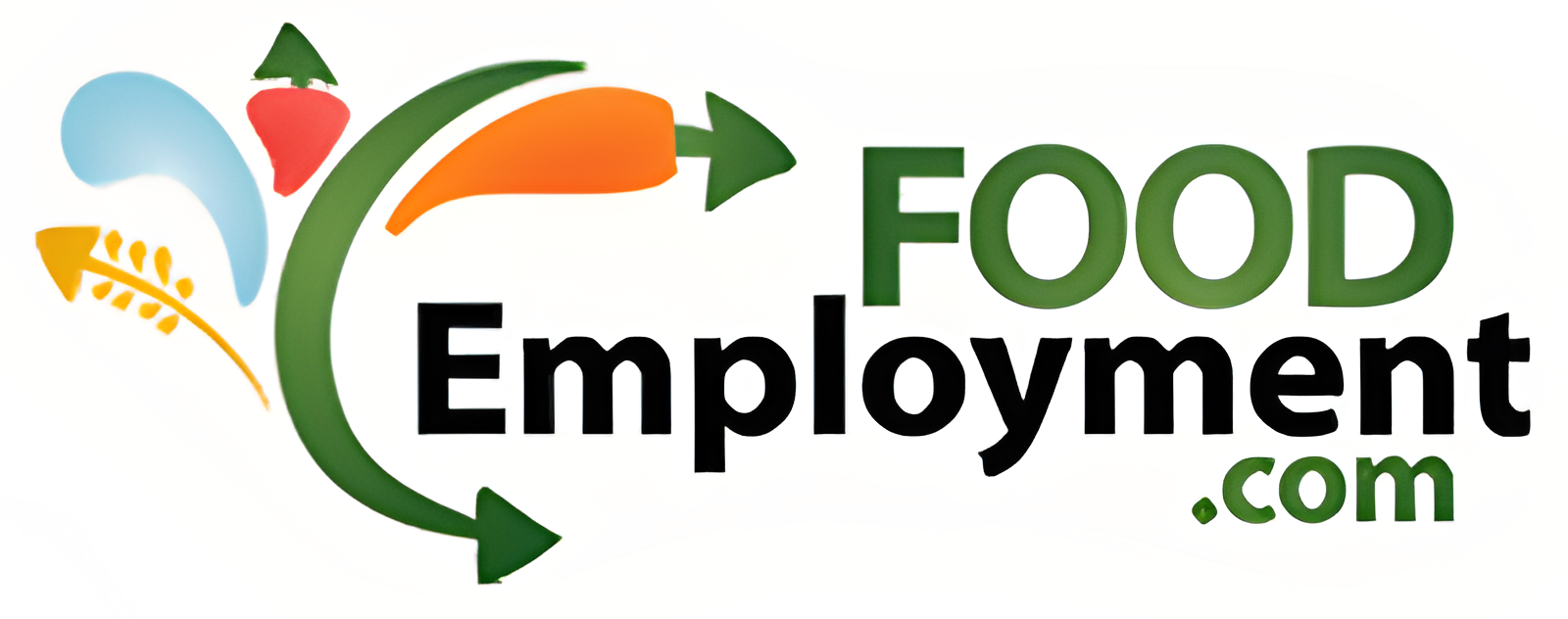Your Overqualified - Now what?
You’re Overqualified” – How should I respond?
So you’ve just spent an hour with a food and beverage recruiter who spent plenty of time asking questions and reviewing your resume. It seemed like everything was going well, but in the end the recruiter turned you down flat. The reason? You’re “overqualified” for the position.
This can be one of the most perplexing explanations for rejection. After all, it seems that any company would love to hire someone with ample experience and above-average education. It can feel like a recruiter has simply wasted your time – or worse, that they’re not really being honest with you.
So how can you respond to this sort of rejection? If you’ve gotten the “you’re overqualified” explanation more than once during your job search for food processing jobs, you might feel like “dumbing down” your resume or experience just so you’ll be considered as a “viable” candidate. Before you make a move that might end up hurting your chances in the long run, consider the following.
Sometimes “Overqualified” is an Excuse
You’ve probably had your suspicions when you’ve been told that you are “overqualified” for food industry jobs that you may have held earlier in your career or are well within the scope of your abilities and experience. Those suspicions may be valid. Sometimes a food and beverage recruiter will call a candidate “overqualified” simply to avoid the (often uncomfortable) real reason for rejection. It can be an easy way to let a candidate down while making them feel good about themselves. After all, who doesn’t like being told that they’re “too good” for a job?
While this revelation might sting, it’s actually a good thing. It means that you can fight back! If you assume that there are underlying reasons for rejection, you can go on the offensive to claim the food and beverage job that you really want.
Be Willing to Dig Deeper
There’s a simple way to respond to the “overqualified” dilemma: ask questions. Be polite and try to get a little more clarity on the matter. By digging a little deeper, you might gain a better understand as to the underlying issue that lead to the recruiter reaching that conclusion. Regardless if you agree or disagree, always acknowledge the recruiter’s feelings and give him/her the benefit of the doubt, but don’t walk out with your tail between your legs.
Ask a follow up question like:
- I can understand that you’re looking for the very best fit for this position. Can I ask why you feel that my qualifications might work against me in this job?
- Thanks for being upfront and honest about your concerns regarding my skill set. Is there anything I can do to make you feel comfortable about moving forward with my candidacy, given my experience?
- I’m glad you feel I’m well-qualified but could you explain what your actual concern is?
By validating the recruiter’s perception, you put him in a more relaxed state of mind. No one likes to be the bearer of bad news; so if you can validate his feelings, you might just have an opportunity to change his mind.
Don’t be Defensive or Desperate
If you’ve gone through numerous interviews, you might be feeling the pressure to take anything that comes along. We’ve seen candidates who say that they’ll take “any job” – even if they’re overqualified. In the food and beverage manufacturing industry, employers just don’t want to hire someone who can do the job, they want to hire someone who will be content doing the job and won’t be motivated to leave as soon as they find a better job. The “fit” in the position is equally as important as “can” perform the essential functions of the job, but those that want to do it are much more likely stick around and won’t be tempted to leave as quickly.
Instead of saying that you’re willing to take “anything”, try to point out some advantages that your current experience and education offers. Don’t be defensive, but do try to cast your qualifications in a positive light.
If All Else Fails…Take it as a Compliment
Remember that in some cases you may truly be too qualified for the position at hand. Perhaps you hold too many degrees or were paid significantly more in previous positions – and this makes a recruiter uncomfortable about hiring you. You might have some great skills that will be wasted in this role, and an employer might worry that you’ll be unhappy and unchallenged.
If the above techniques fail, accept the “overqualified” designation as a compliment. By showing a real interest in the company and showing yourself willing to adapt and learn, you might even be setting yourself up for a more senior position down the line.



